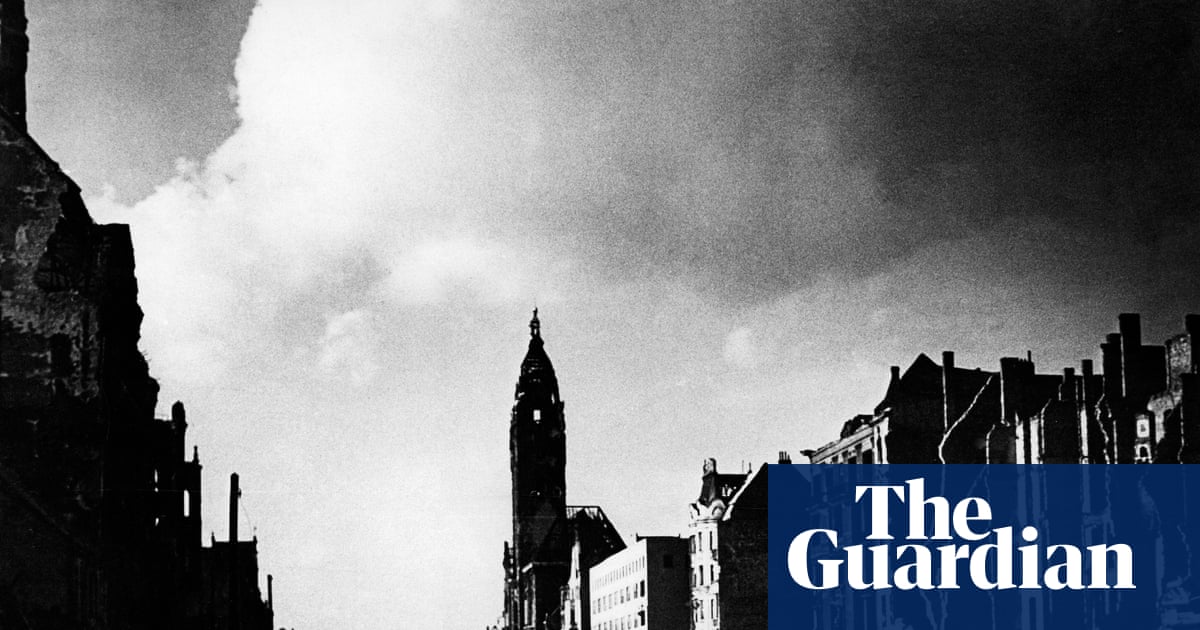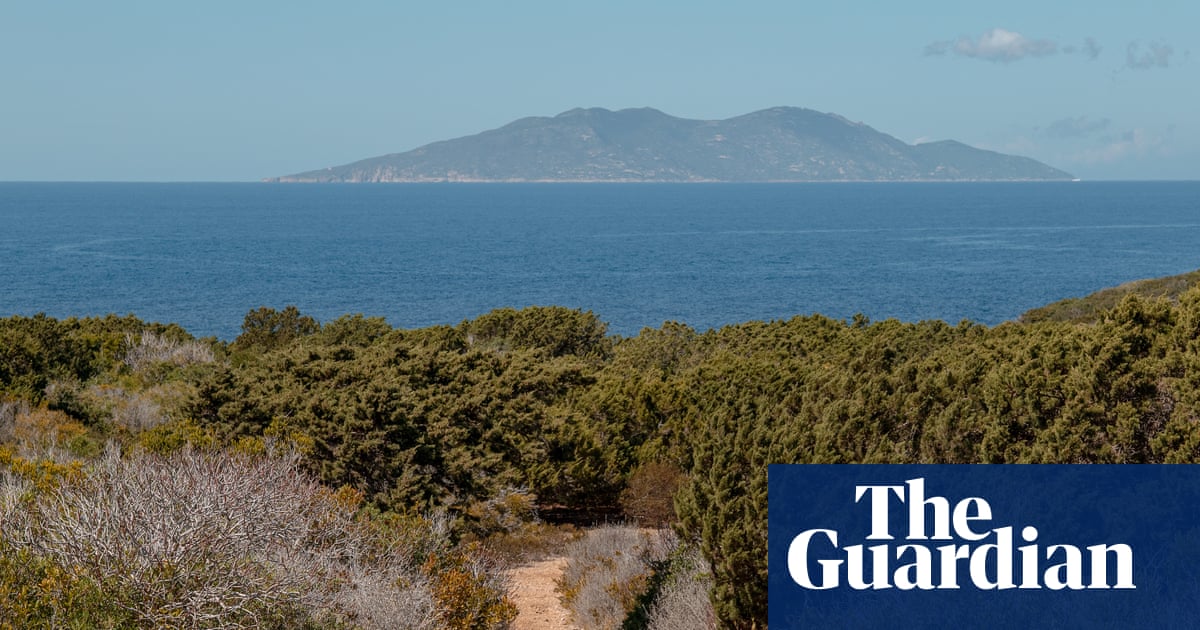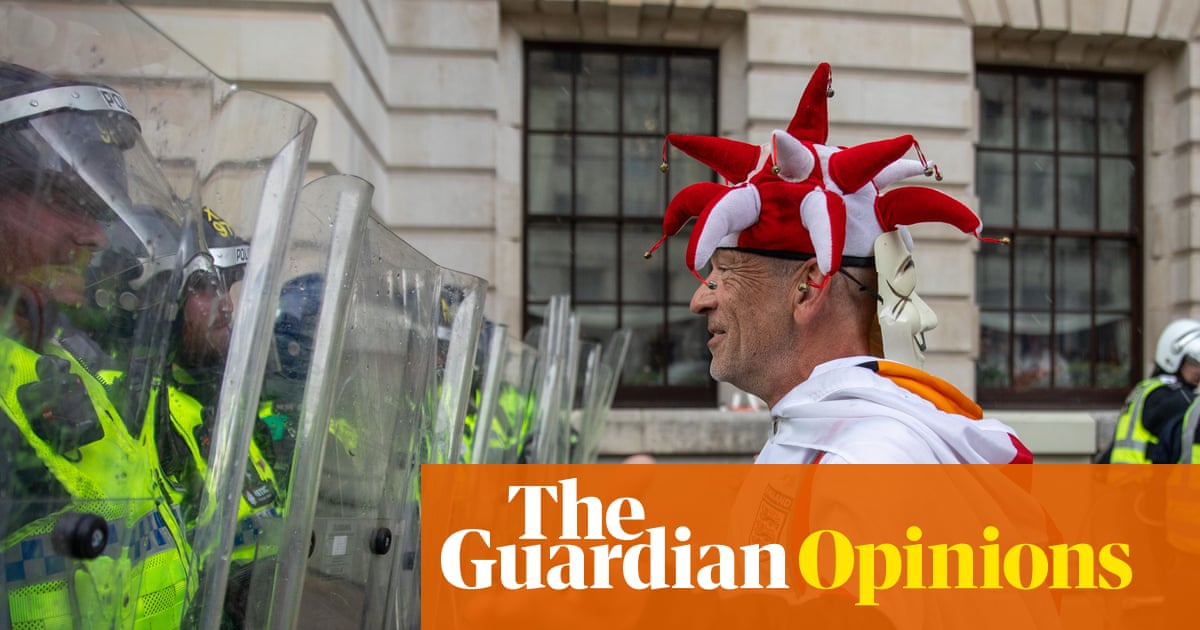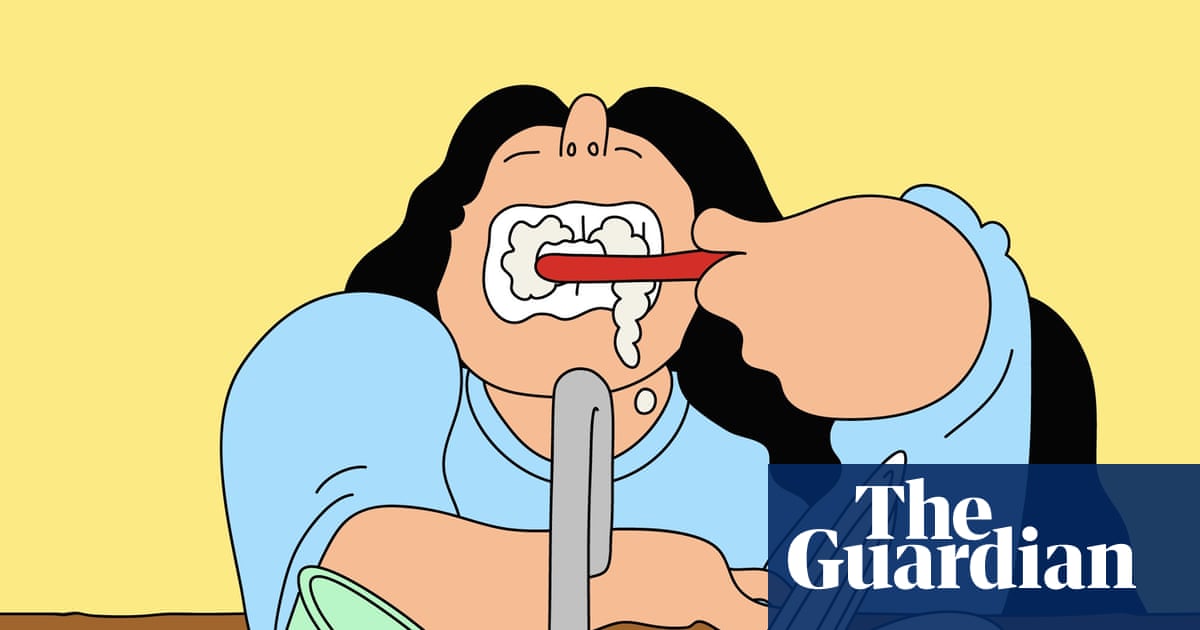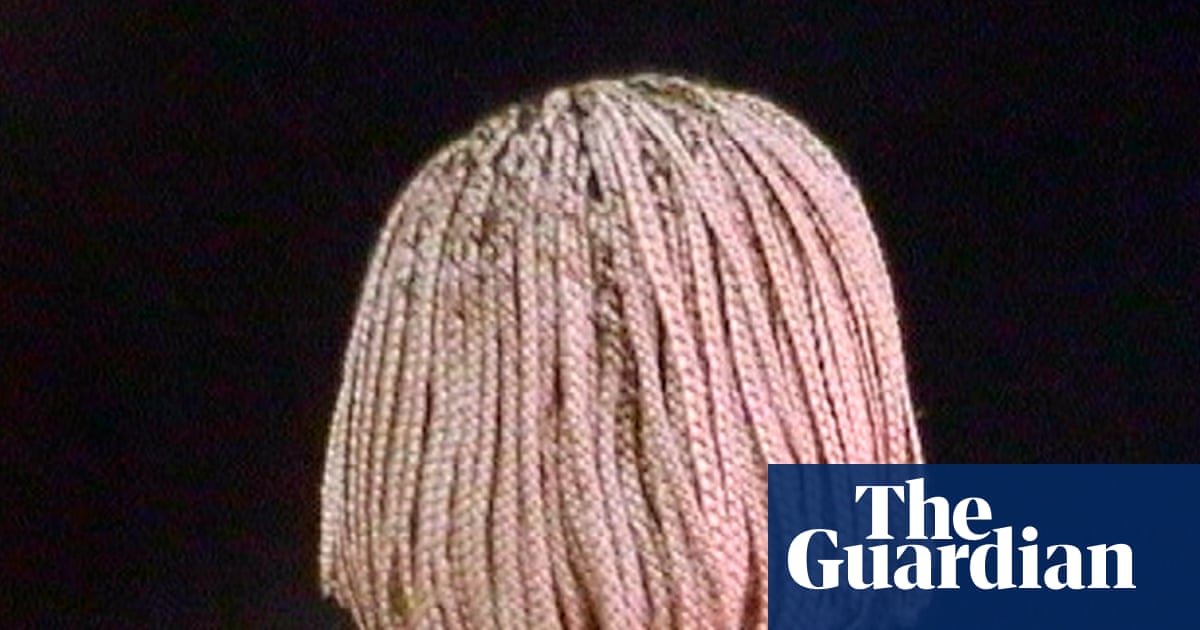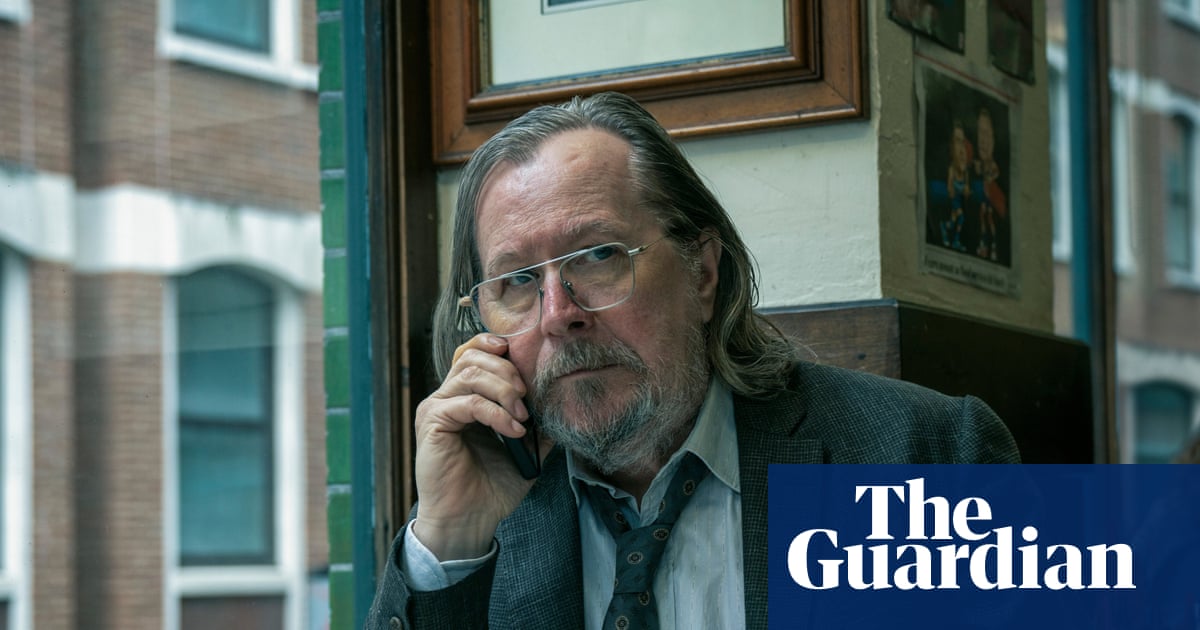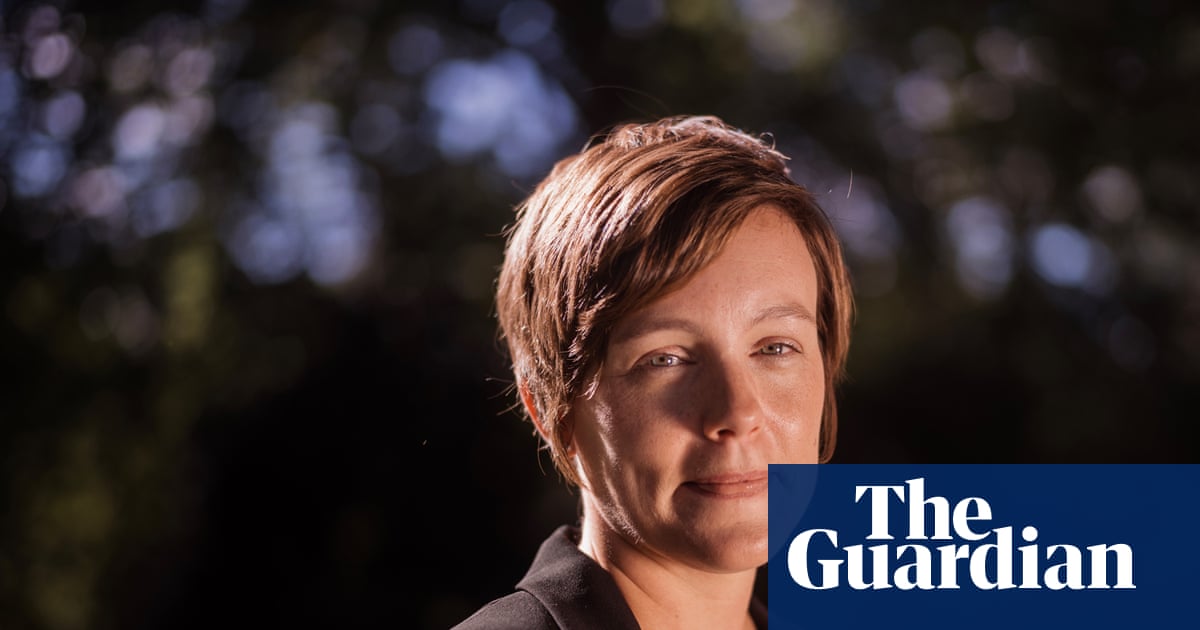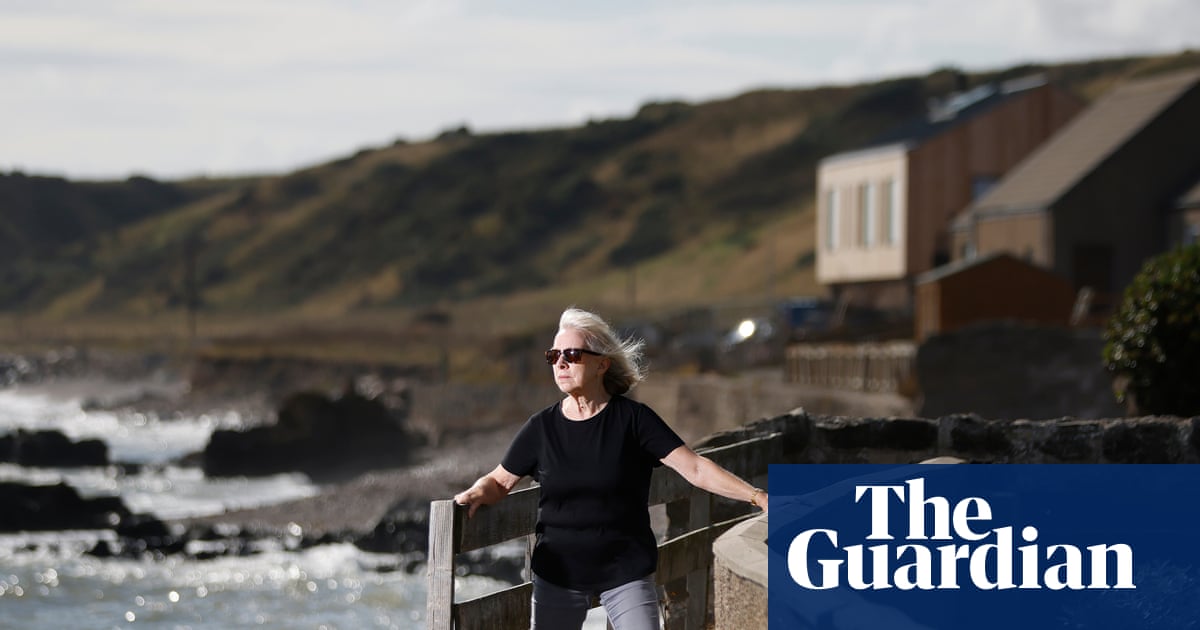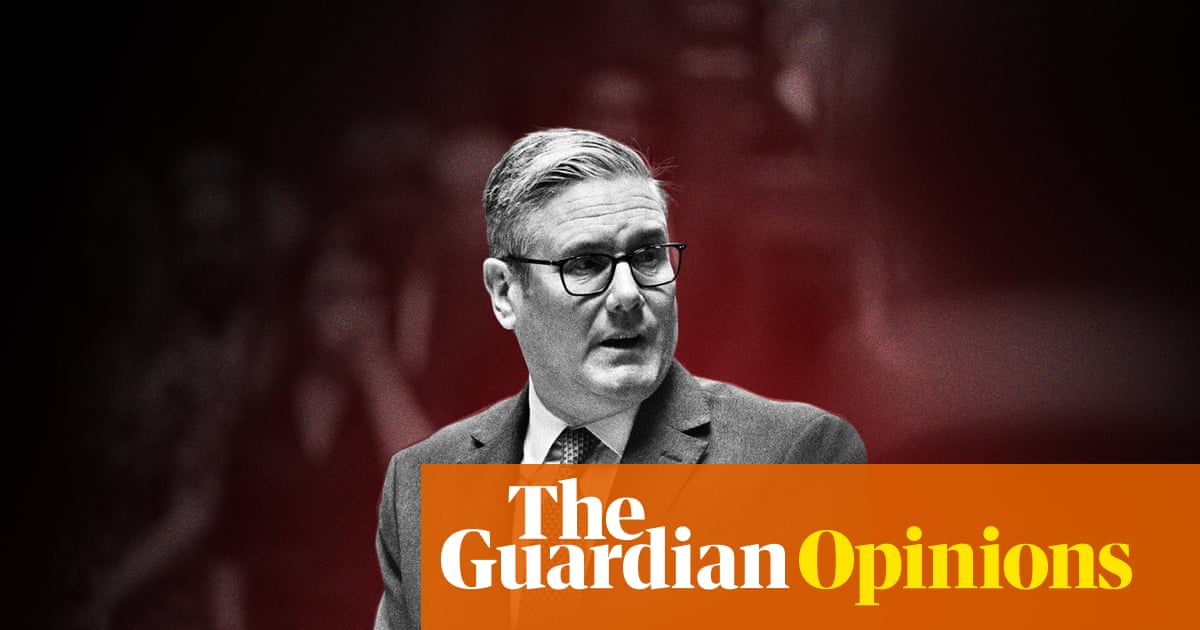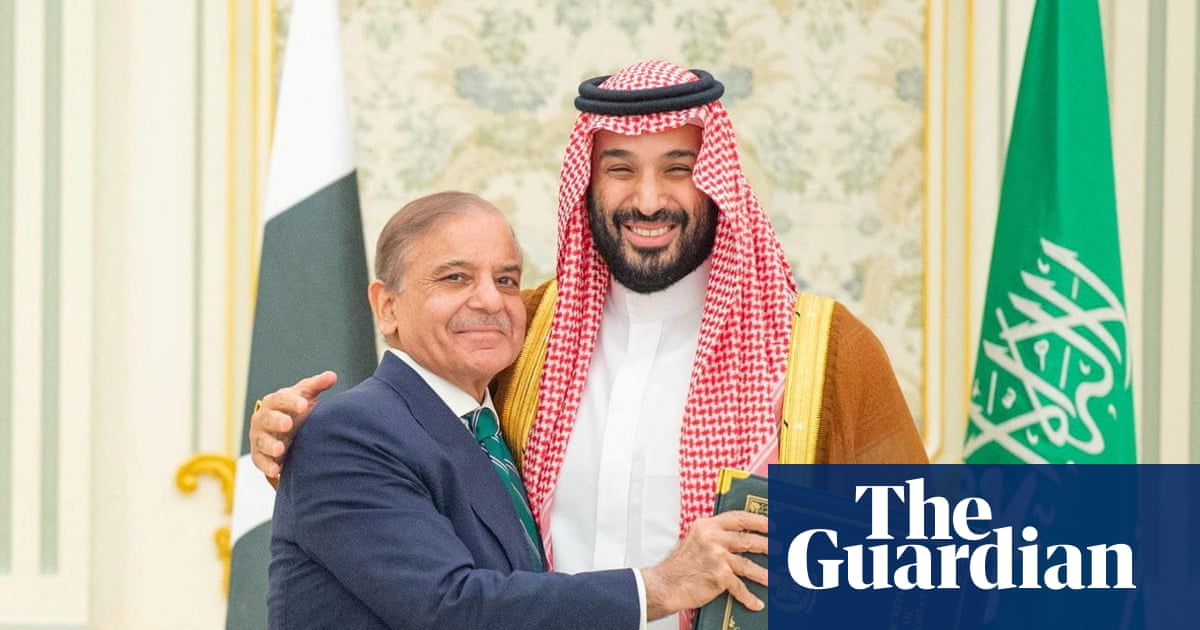Alan Yentob, the former BBC executive and TV presenter, has died at the age of 78, his family has announced.
A statement from his family, released by the BBC, said Yentob died on Saturday.
His wife, Philippa Walker, said: “For Jacob, Bella and I every day with Alan held the promise of something unexpected. Our life was exciting, he was exciting.
“He was curious, funny, annoying, late and creative in every cell of his body. But more than that, he was the kindest of men and a profoundly moral man. He leaves in his wake a trail of love a mile wide.”
Yentob joined the BBC as a trainee in 1968 and went on to hold a number of senior and influential positions, including controller of BBC One and BBC Two; director of television; head of music and arts; director of BBC drama, entertainment and children’s; and creative director.
His commissions included Absolutely Fabulous, Have I Got News for You and the classic adaptation of Pride and Prejudice. He also launched CBBC and CBeebies.
He made his name on the 70s BBC series Omnibus and Arena, and edited and presented the arts documentary series Imagine from 2003.
The BBC director general, Tim Davie, called Yentob “a towering figure” in broadcasting and the arts and “one of the defining figures in the story of British culture”.
“A creative force and a cultural visionary, he shaped decades of programming at the BBC and beyond, with a passion for storytelling and public service that leave a lasting legacy,” Davie said.
“For nearly 60 years Alan championed originality, risk-taking and artistic ambition. From Arena to Imagine, from commissioning groundbreaking drama to giving emerging voices a platform, his influence is woven into the fabric of British cultural life.
“He believed profoundly in the BBC’s role as a home for creativity, curiosity and the arts – accessible to all.”
Davie paid tribute to Yentob’s “unforgettable presence”. “Engaging, witty and endlessly curious, he brought energy and warmth to every conversation. He was generous with his time, fierce in his convictions, and full of joy in the work of others.
“To work with Alan was to be inspired and encouraged to think bigger. He had a rare gift for identifying talent and lifting others up – a mentor and champion to so many across the worlds of television, film and theatre.”
In a video on Instagram, the BBC Radio 4 Today presenter Amol Rajan described Yentob as “such a unique and kind man: an improbable impresario from unlikely origins who became a towering figure in the culture of postwar Britain”.
He added: “Modern art never had a more loyal ally. His shows were always brilliant, often masterpieces, sometimes seminal. So much of Britain’s best TV over five decades came via his desk. That was public Alan. In private, he was magnetic, zealous and very funny, with a mesmerising voice and mischievous chuckle. He oozed fortitude until the very last.
“He had his foibles and failures, but Alan Yentob was one of the most generous, influential, singular, passionate, supportive, creative and loved men of his generation. I commend his spirit to the living.”
Yentob was born in London in 1947 into an Iraqi Jewish family. He grew up in Didsbury, Greater Manchester, until he was 12 and studied law at the University of Leeds, where he became heavily involved in drama.
When he joined the BBC World Service in 1968 he was the corporation’s only non-Oxbridge graduate of that year.
Yentob profiled and interviewed a wide range of important cultural and creative figures over the years, including David Bowie, Charles Saatchi, Maya Angelou and Grayson Perry.
His famous 1975 Omnibus feature, Cracked Actor, about Bowie, showed the drug-affected star opening up to him in the back of a limousine at an “intensely creative” but “fragile” time, Yentob later recalled.
Yentob stepped down as BBC creative director in 2015 after more than a decade in the position, after scrutiny over his role as chair of trustees of the charity Kids Company. He faced claims he tried to influence BBC coverage of the charity, but he always insisted there was no conflict of interest and he did not abuse his position.
But in the years that followed, he continued to make many more programmes for the BBC, and was appointed a CBE in 2024 for services to the arts and media.

 3 months ago
190
3 months ago
190

